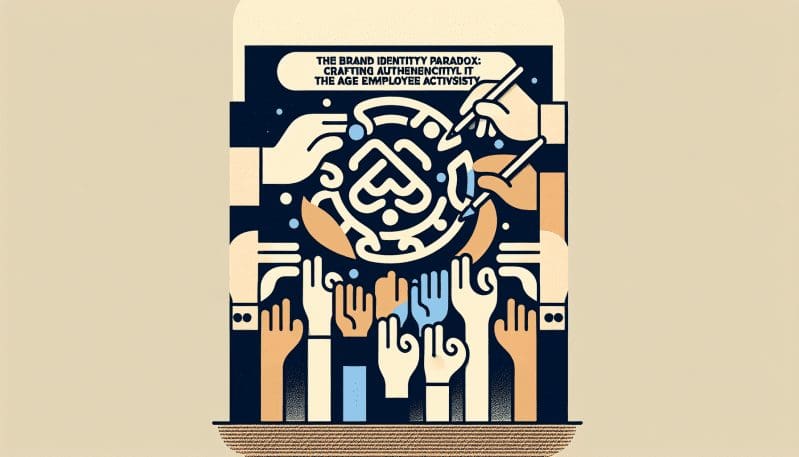In a landscape where the line between personal and professional is increasingly blurred, the role of employees as brand ambassadors has never been more pronounced. The advent of social media and the rise of employee activism pose a unique challenge to companies: how can they maintain an authentic brand identity that resonates with both their workforce and the public at large?
The answer lies at the confluence of sound human resources strategies and an unwavering commitment to corporate integrity. This emerging paradigm demands that the Chief Human Resources Officer (CHRO) be more than just a policy enforcer or benefits administrator. Today’s CHROs are guardians of brand authenticity, stewards of employee voice, and architects of corporate culture.
Consider the case of a well-known technology firm that was thrust into the spotlight when employees took to social media to protest against its business practices. The discord between the company’s public-facing ethical stance and its internal decisions became a beacon for criticism, leading to consumer backlash and a dip in employee morale. Conversely, a global retail corporation’s swift action to address workforce grievances about working conditions turned a potential PR crisis into a powerful narrative of positive change, aligning their brand image with a culture of caring and responsiveness.
Such instances underscore that the heart of a brand isn’t its logo or tagline, but the lived experiences of its employees. It is imperative that businesses cultivate a workplace where the values espoused in their marketing material are not just slogans, but lived realities. This authenticity becomes the bedrock upon which trust – both internal and external – is built. When employees feel heard, respected, and aligned with their employer’s values, they become organic advocates for the company.
In navigating this complex terrain, CHROs must work in concert with marketing to ensure messaging is not only appealing but also accurate. Initiatives like regular internal surveys, transparent communication channels, and fostering inclusive environments where feedback is valued and acted upon, can bridge the gap between perception and reality, mitigating the risk of public outcry.
The role of HR in shaping and conveying the brand’s true identity cannot be overstated. It requires a delicate balance of introspection and extroversion – looking inward to solidify a culture that resonates with the workforce, while projecting a brand image that attracts customers and inspires loyalty. Inclusiveness, authenticity, and responsiveness are not just buzzwords; they are the pillars of a brand that stands the test of time and the scrutiny of an ever-watchful public eye.
The Brand Identity Paradox is a call to action for businesses to rethink how they articulate and embody their values. It is not enough to have a strong brand; companies must also cultivate a strong, positive environment where employees feel genuinely connected to the brand’s ethos and empowered to share it with the world. As the guardians of this ethos, CHROs bear a significant responsibility to ensure that what is promised on the outside not only reflects but is also reinforced by what happens on the inside. In the age of employee activism, an authentic brand identity is not just a competitive advantage – it is a corporate necessity.
As readers akin to those of The Washington Post, The New Yorker, and The New York Times, you understand the intricacies of brand dynamics and the societal shifts impacting corporate behavior. The conversation continues, and it is within these pages that the thought leaders and decision-makers in the chro sector refine the narrative of work, worker, and workplace in the pursuit of authenticity and corporate integrity.

























